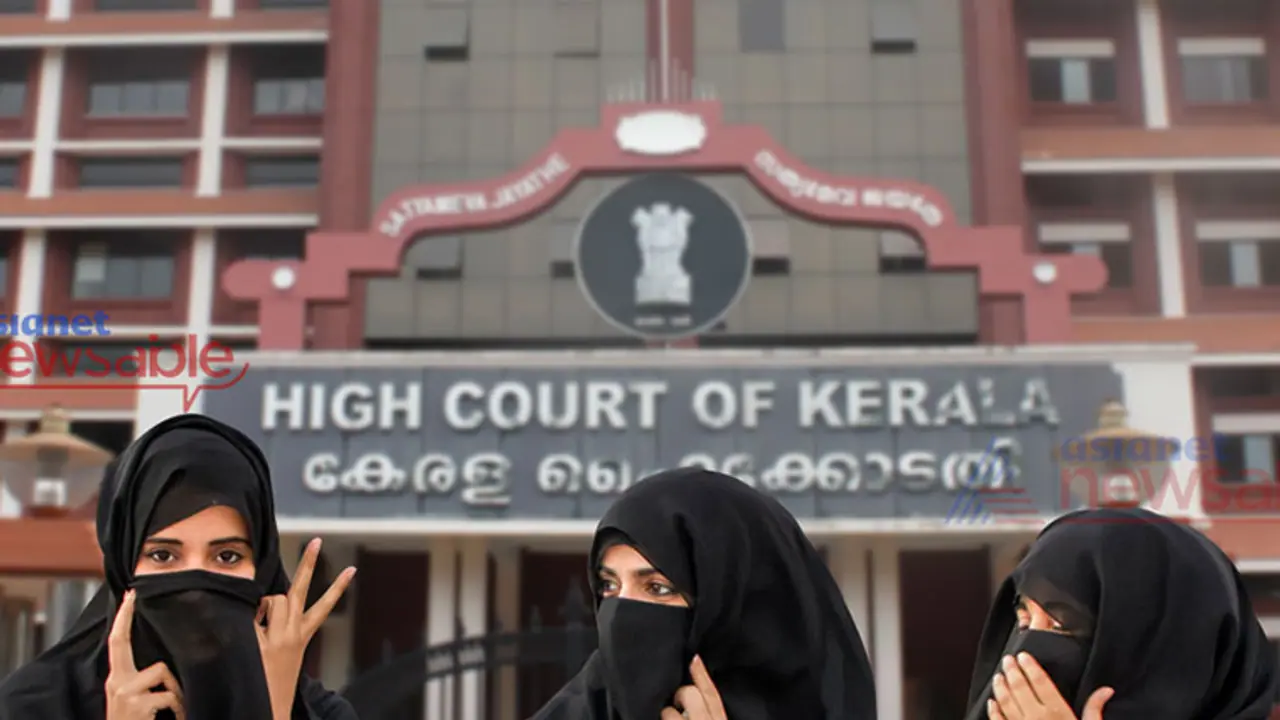Kerala High Court had made a similar judgment in 2016 itself The court had said that the practice is punishable under penal law It had also recommended that the right to decide on divorce must be vested with court
The Supreme Court ruling on Triple Talaq has set aside a practice that has been in existence for over 1000 years. The decision gained applauses from various quarters including Muslim organisations.

What no one knows is that the Kerala High Court had made a similar verdict as early as December 2016 itself. Interestingly, no one appealed against High Court decision, not even a Muslim organisation.
The verdict was pronounced in a Writ Petition filed in 2003, Oyoor Nazeer Vs Shameema. The single bench said that the practice is not valid as per Quran and utterance of the same is punishable under Indian Penal Code.
The court had discussed Quranic verses and hadith and pointed out that the practice was allowed by an executive order during the period of Caliph Umer. The aim was to alleviate the grievances of women during that period and not as a right conferred upon the husband. The action was exercised under particular circumstances and hence cannot be applied as a general law, the court said.
The Supreme Court has declared the practice unconstitutional and asked Parliament to make a law regarding Muslim marriage. Meanwhile, Kerala High Court had gone a step ahead and stated that the power to pronounce triple talaq should be taken away from men and women and be vested with the courts.
The court also said that entrusting the court to decide on divorce matters would in no way affect the practice of Sharia laws. It also stated that vesting the power with the court has become inevitable to subserve the purpose of the law.
However, not all are ready to accept the ruling of neither the High Court or the Supreme Court, and some even feel that the finding of the apex court that the practice is unconstitutional is 100% wrong. However, even those disagreeing with court verdicts agree that the practice is being misused widely.
